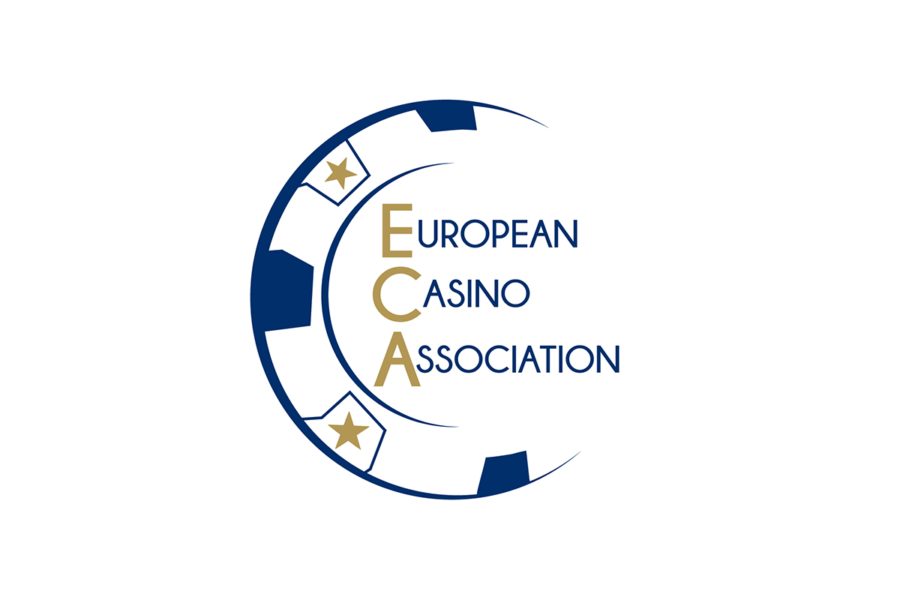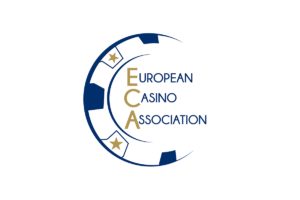ECA survey reveals Covid-19 measures affecting European casinos

The ECA has highlighted the diverse range of measures and restrictions still affecting European casinos
Belgium.- The European Casino Association (ECA) has compared details of Covid-19 measures impacting on casinos throughout Europe.
In its latest member survey, it reveals the restrictions applied in different countries and the challenges they pose for land-based casinos in Europe.
The survey shows that while only the Netherlands and Denmark are currently forcing casinos to remain closed completely, casinos elsewhere in Europe continue to face curfews, restrictions on opening hours and food and beverage offering.
Proof of Covid-19 vaccination is now required at 95 per cent of European casinos, with negative Covid-19 lateral flow tests not sufficient for entry.
The ECA says that’s causing problems for casinos that rely on cross-border custom. Guests are required to wear masks at 95 per cent of casinos in Europe, and over half of all European casino staff are required to wear masks through their entire shift.
The ECA said: “Following the devastating consequences of the pandemic on the land-based casino industry in Europe over the last two years, ECA members continue to operate under strict government controls and mandates at the start of 2022.
“On average, European casinos faced 150 days of closure in 2021 and while most countries currently allow casinos to open, with the exception of Holland and Denmark, curfews are widespread curtailing the operating hours of casinos and restricting the F&B offer to partial guest services.”
Restrictions on European casinos
Specific restrictions vary significantly across Europe. In Sweden, guests must be seated at all times during play, while in Hungary, PCR tests are required for entry, even for the fully vaccinated, and in Austria FFP2 masks must be worn at all times by both staff and guests.
In France, food and drink is prohibited in games areas while in Slovenia F&B must stop at 10pm. Casinos in Estonia must close entirely at 11pm and casinos in Montenegro can offer no music or shows of any kind.
Social distancing measures also vary widely, ranging from just one metre in Sweden rising to 15 square metres in Poland. Requirements for every other slot to be closed to allow social distancing continue to effectively halve the number of slots in use in some jurisdictions.
As for the impact on the industry in 2021, casinos lost an average of 150 days due to Covid-19 measures, with many country’s only allowing casinos to reopen mid-year. Hungary saw the lowest number of enforced days of closure in at 54, while France experienced the highest, with metropolitan areas closed for 199 days
ECA chairman Per Jaldung said: “Closures, curbs and curfews continue to disrupt the normal flow of operations for ECA members into 2022. While the majority of casinos in Europe are open for business, the restrictions on opening times, the reduction of the gaming and F&B offer, plus further guest and staff requirements continue to put enormous pressures on the business.
“Government help and support needs to continue into 2022 as ECA members battle to keep their locations open to provide entertainment, employment and tax revenues, as they play an essential role within the international tourism and leisure industry.”











